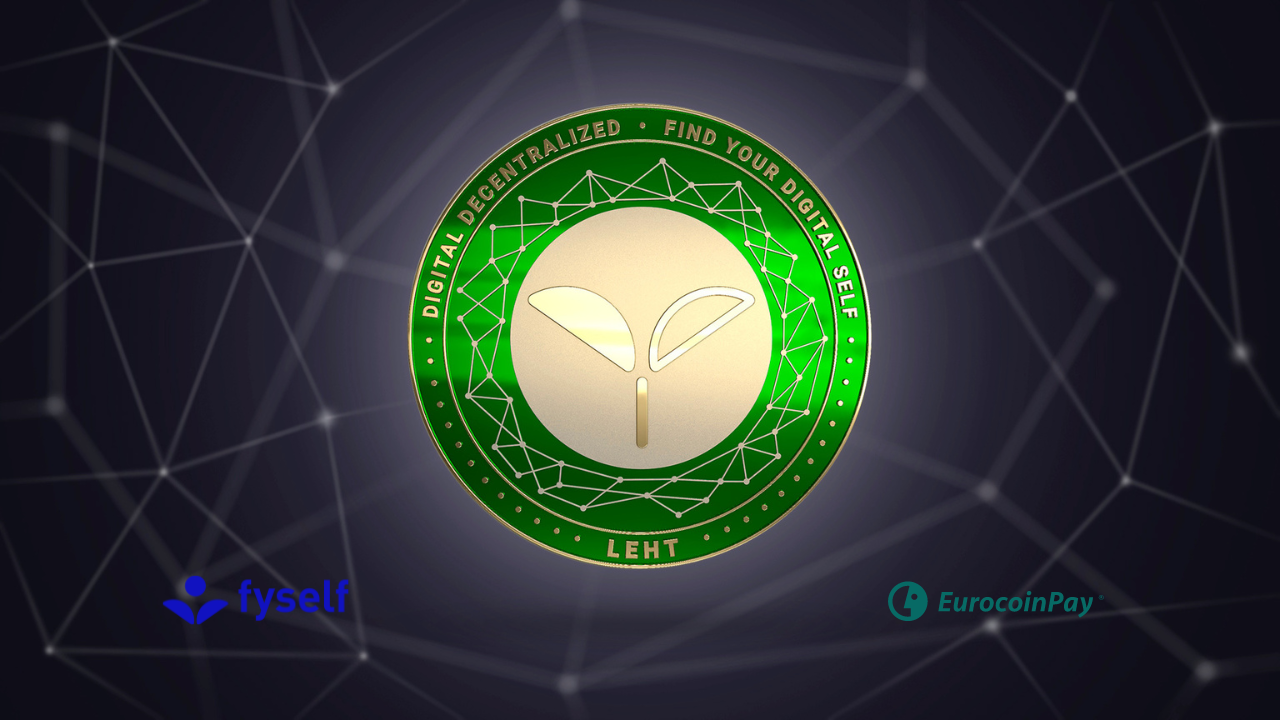What’s the future of digital identity?
A future hand on hand with digital identity is more than possible. To understand why is important to know what is digital identity all about. Digital Identity has been defined as “a technology of dynamic authentication designed for companies that make online transactions, also as a mechanism of anonymous authentication”, according to Digital Identity Guide.
Unlike authentication based in static credentials, a digital identity can’t be lost, stolen or forged. At the same time, this source points out that the digital disruptors are already ahead with the first engine with digital identity.
The Sustainable Development Goal 16.9 of the UN demands legal identity for everyone by 2030. This goal aims to create awareness about the role that people’s identity plays in asserting their rights and responsibilities. Digital identity is of great relevance for the fulfillment of this purpose.
Digital identity is one of the main technological tendencies in the planet. Its market will reach the $33B in 2025, assured BiometricUpdate.com recently. But before exploring more about its future and some tendencies let’s continue with some basic concepts:

What data is used to create a digital identity?
At this point, it is important to highlight that its based in hundreds of dynamic and anonymous elements. Digital identity comprises:
- Browser history of each user.
- User behavior in websites and apps.
- Dynamic relationships in real-time between people and their associated devices. Locations, credentials and offline identity details like phone numbers, for example.
- Additional information of third-party systems, like data that comes from address and date of birth verification systems.
How is privacy protected?
In the future of digital identity and also currently data are made anonymous through a sophisticated process called tokenization. Tokenization basically consist on granting non-sensitive equivalents to confidential data. This way data in the form of equivalents won’t have meaning or value.
Initiatives and tendencies in digital identity
ID4D initiatives from the UN and the World Bank
ID4D contributes with knowledge and global experience in every sector to help out countries realize the transformative potential of digital identification systems. It directly supports the SDG 16.9 of the UN.
ID4Africa
The slogan for this NGO, founded in 2014, is “Identity for All in Africa”. It’s driven by the necessity of establishing an identity for everyone, not just as a legal right but also as a practical necessity to allow inclusive access to services in Africa. This movement promotes the responsible adoption of digital identity systems as socioeconomic development boosters.
Digital Driver’s license
They have gained momentum in countries like United States, Australia and United Kingdom. About this subject we have talked about before: “Digital driver´s license: three experiences to learn from” and “Digital Driver´s License: a step on the roadmap to online identity”.
Smart Cities
As we have mentioned in our blog: these are the cities of the future. They are a model in ascendance, that includes the electronic administration, in which digital identity is the key that allows a person to access a wide range of services.
National digital identity
Many countries today are working tirelessly to ensure a future for their citizens in which digital identity stands out as the foundation of society. For example, Malasia plans a national biometric identification system online. Argentina, on the other hand, implemented the SID to boost the national digital identity.
The Bill and Melinda Gates foundation invested $5.36 million dollars in a four-year research and development (R&D) project designed to make the new national digital identifications safe and private. The Alan Turing Institute in UK will be in charge of the research.
IRespond
IRespond, with headquarters in Seattle, work in a project to give lifelong identity to the invisible peaople in the world. You can learn more about this here.
Electronic identity cards (e-ID)
Electronic identity cards are widely available in many countries and are undoubtedly a necessary tool in a the world were all goes digital. Currently, there are creative solutions in this matter: Galaxy S20 has offered one innovative solutions of e-ID to help users easily administrate their personal documents and allow identification and authentication with no problem at all. The solution will also allow the authorities a simplified process to emit digital IDs.
These are only but a few examples that allow you to see where society is heading in this matter. Experts think that the digital dependency will grow. Nevertheless, even if the future seems very encouraging in this subject, it hasn’t the priority level it should have. There’s still a lot to do and say about digital identity.
We are before a scenario of great digital transformation. But have you thought about a universal digital identification system? FySelf is betting on it. In this blog and its social media, you’ll learn more about the first social identity network, from Estonia to the world.
Artículos relacionados


